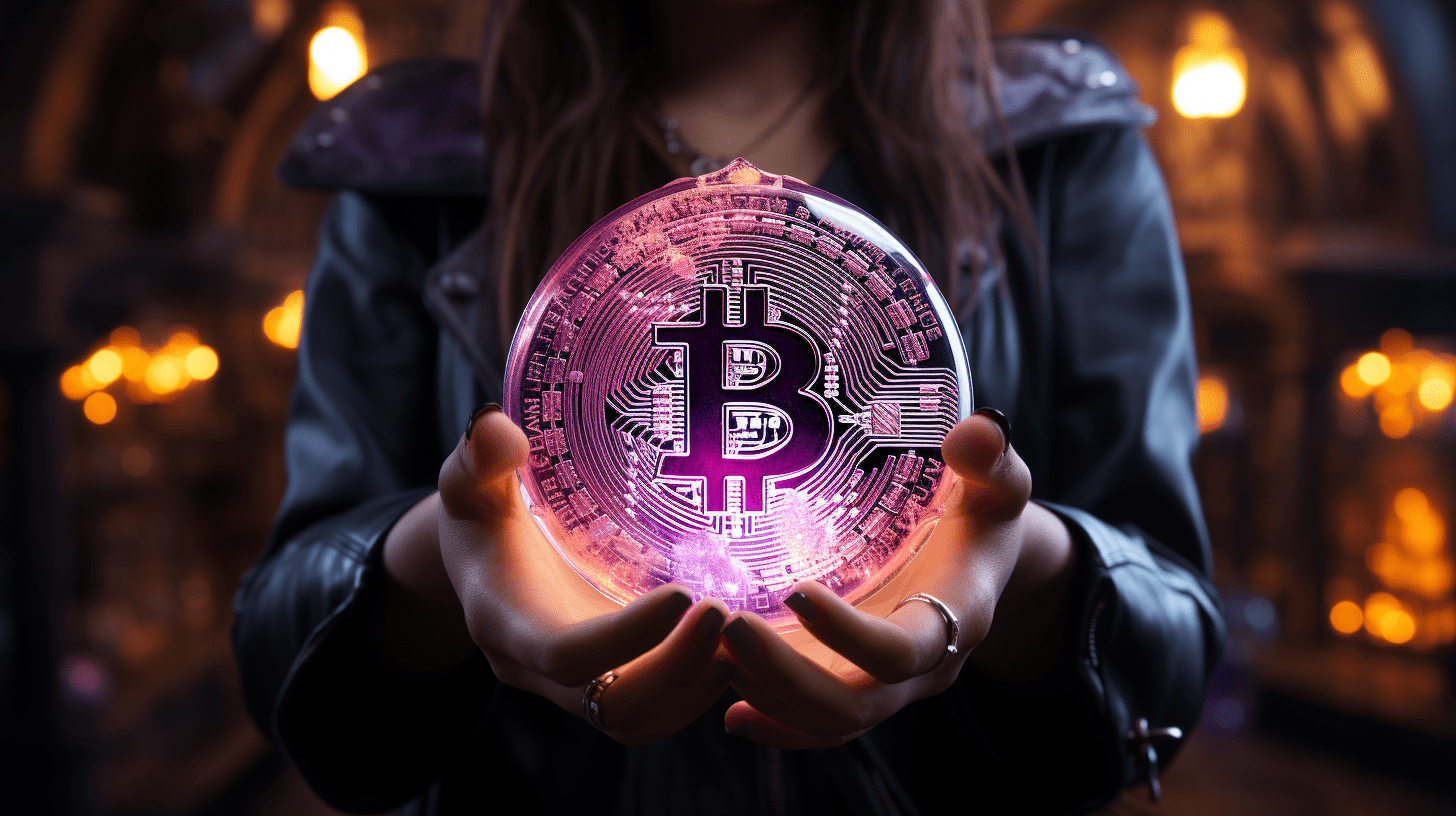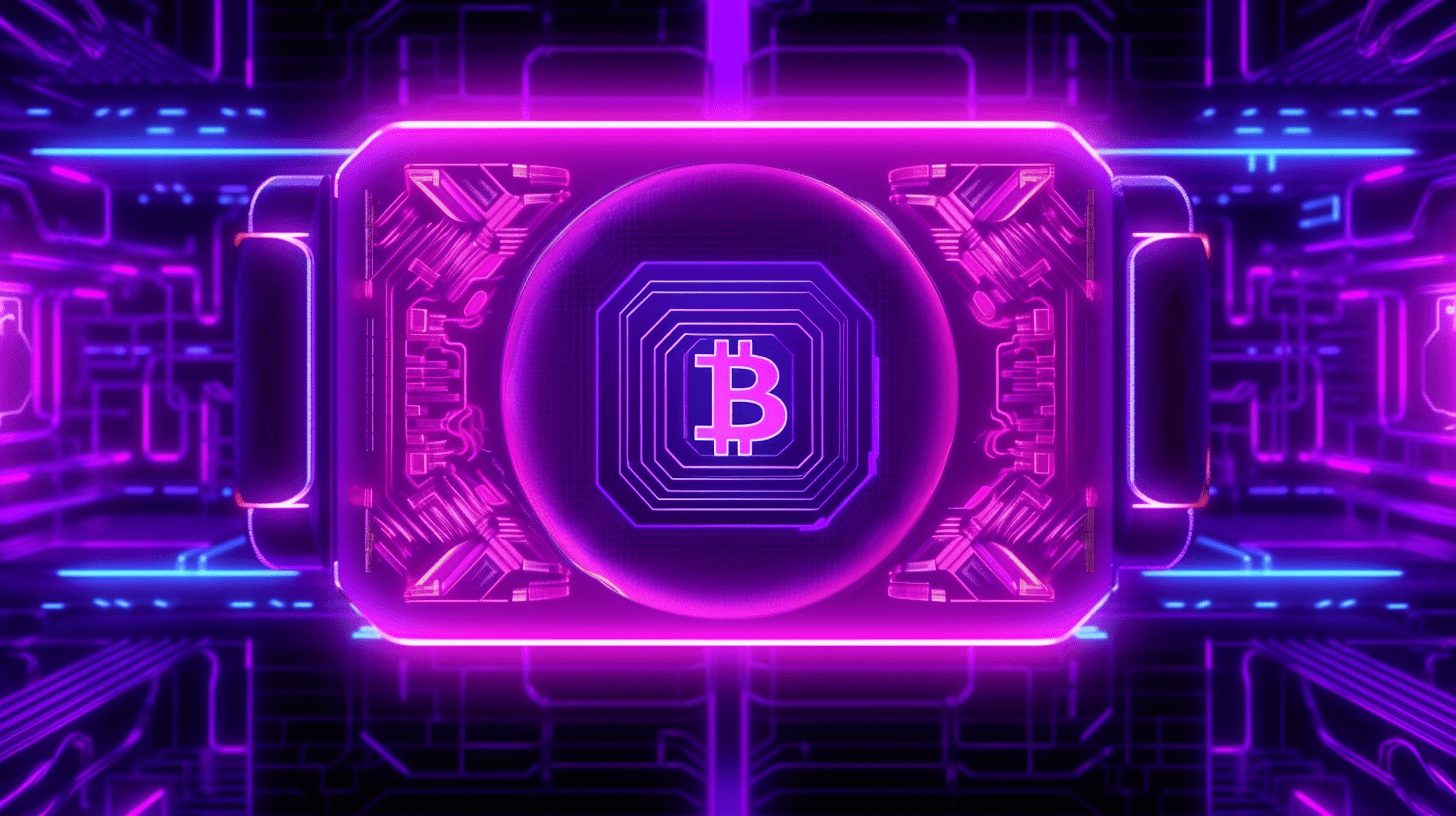Key Cryptocurrency Terms: A Glossary for Beginners

Blockchain
This is the foundational technology of cryptocurrencies. A blockchain is a decentralized database that stores information in the form of linked blocks. Each block contains transaction data and is securely connected to the previous one, creating an unalterable chain. Blockchain is praised for its transparency, security, and immutability of records.
Cryptocurrency
A decentralized form of digital money that exists purely in electronic form and uses blockchain technology to record transactions. Cryptocurrencies like Bitcoin and Ethereum allow for peer-to-peer transactions without the need for banks or other intermediaries.
Mining
The process of creating new coins and verifying transactions on the blockchain. Miners use computational power to solve complex mathematical problems, adding new blocks to the chain and receiving cryptocurrency rewards in return.
Halving
An event that occurs in some blockchains, such as Bitcoin, where the mining reward is cut in half. Halving happens after a certain number of blocks (approximately every four years for Bitcoin) and serves to control the supply of coins, maintaining their value over time.
DeFi (Decentralized Finance)
A system of financial applications built on blockchain technology that offers traditional financial services—like lending, borrowing, and trading—without relying on central institutions like banks. DeFi is growing rapidly due to its transparency and accessibility.
Staking
The act of holding cryptocurrency in a wallet to support the operations of a blockchain network. Staking is available for cryptocurrencies that use the Proof of Stake (PoS) consensus mechanism. It’s considered a more energy-efficient alternative to mining, and participants earn rewards for their contributions.
Fiat Currency
Traditional money issued by governments, such as the US dollar, euro, or yen. In the cryptocurrency context, fiat is often used to purchase digital assets.
Wallet
A tool used to store and manage cryptocurrencies. Wallets come in two main types: hot wallets (connected to the internet) and cold wallets (offline, such as hardware or paper wallets). Each wallet has a unique address used for sending and receiving cryptocurrency.
Token
A digital asset created on an existing blockchain (e.g., Ethereum). Tokens are used for a variety of purposes, such as accessing applications, rewarding users, or serving as an internal currency within a project’s ecosystem.
NFT (Non-Fungible Token)
A unique digital asset representing ownership of a specific item, such as artwork, music, or collectibles. NFTs are revolutionizing the world of digital ownership and are particularly popular in the arts and gaming industries.
Hash
A unique code generated for each block in a blockchain, ensuring the authenticity and security of the stored data.
Gas
The fee required to execute a transaction or perform operations on the Ethereum blockchain. Gas is paid in Ether (ETH) and compensates miners for the computational power used.
Altcoin
Any cryptocurrency that is not Bitcoin, such as Ethereum, Solana, or Cardano. Altcoins often aim to improve upon Bitcoin’s limitations or provide specialized use cases.
DAO (Decentralized Autonomous Organization)
A form of organization governed by smart contracts on a blockchain. DAO members vote on proposals, and all processes are transparent and automated.
ICO (Initial Coin Offering)
A fundraising method used by blockchain projects to sell tokens to early investors in exchange for capital. ICOs are often compared to IPOs (Initial Public Offerings) in the traditional financial world.
Exchange
A platform where cryptocurrencies can be bought, sold, or traded. Exchanges are divided into centralized (e.g., Binance, Coinbase) and decentralized (e.g., Uniswap, PancakeSwap).
Smart Contract
A self-executing contract on the blockchain where the terms are written into code. Smart contracts automatically perform actions when predefined conditions are met, eliminating the need for intermediaries.
Liquidity Pool
A collection of funds provided by users to facilitate trading on decentralized exchanges. Liquidity providers earn rewards for their contributions.
Atomic Swap
A technology that allows the direct exchange of one cryptocurrency for another without the need for intermediaries or centralized exchanges.
These terms are the foundation of the cryptocurrency world. By understanding them, you’ll be better equipped to navigate the industry, whether you’re looking to invest, trade, or simply learn more. At Crypgex, we not only make investing simple but also empower you with the knowledge to succeed. Your journey to financial freedom starts here.
Academy
Write your feedback about the project to the support service. Your opinion is very important to us.
All Articles
Tools for Safe Cryptocurrency Storage in 2025

What are crypto portfolios and why are they needed?